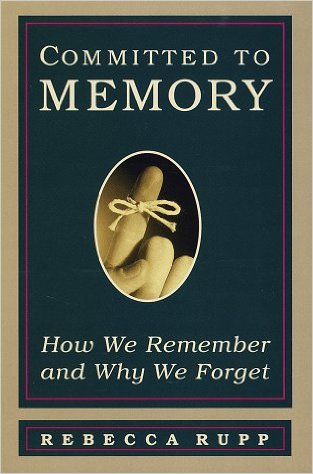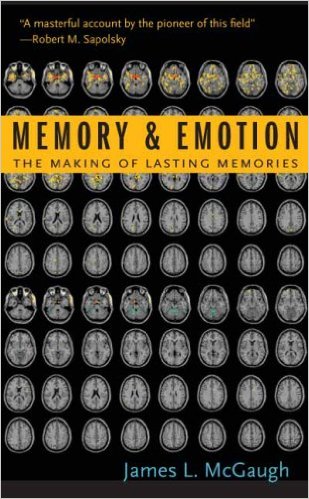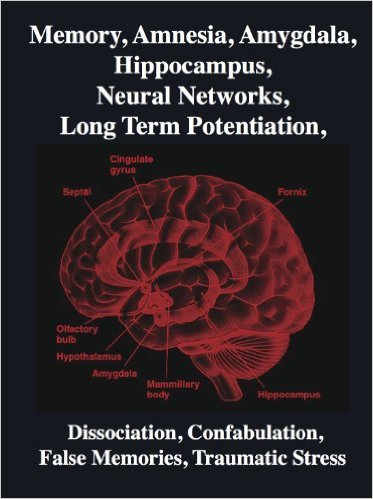Memory, Language, and Bilingualism: Theoretical and Applied Approaches
The relationship between memory and language and the topic of bilingualism are important areas of research in both psychology and linguistics and are grounded in cognitive and linguistic paradigms, theories and experimentation. This volume provides an integrated theoretical/real-world approach to second language learning, use and processing from a cognitive perspective. A strong international and interdisciplinary team of contributors present the results of various explorations into bilingual language processing, from recent advances in studies on bilingual memory to studies on the role of the brain in language processing and language forgetting.
More info →Mapping the Memory: Understanding Your Brain to Improve Your Memory
What is known about the workings of the human brain has increased immeasurably in recent times. Drawing on the latest discoveries, Mapping the Memory offers readers a unique scientific approach to improve their memory.
More info →The Writer’s Book of Memory: An Interdisciplinary Study for Writing Teachers
This volume emphasizes the importance of recognizing memory's powers in an age in which mass media influence us all and electronic communication changes the way we think and write. It also addresses the importance of the individual memory and voice in an age which promotes conformity. Written in a strong, lively personal manner, the book covers a great deal of scholarly material. It is never overbearing, and the extensive bibliography offers rich vistas for further study.
More info →Memory: A Study Guide for AQA(A) AS Psychology
This Study Guide:
• Is suitable for students sitting their exam in 2015
• Uses straight-forward vocabulary as much as possible
• Explains vocabulary you might not understand
• Includes enough detail to get you an A grade in the exam
• Doesn't overload you with studies you don't need
• Is about understanding Psychology not about memorising Psychology
• Encourages you to develop skills of evaluation
• Is up-to-date with the 2012 Specification changes
Encyclopedia of Human Memory [3 volumes]
Providing clear, comprehensible information for general readers, this three-volume, A–Z encyclopedia covers the major theories and findings associated with our understanding of human memory and some of the crippling disorders associated with memory malfunction.
More info →Memory (The New Critical Idiom)
Offering a clear and succinct guide to one of the most important terms in contemporary theory, this volume is essential reading for anyone entering the field of Memory Studies, or seeking to understand current developments in Cultural and Literary Studies.
More info →Committed to Memory: How We Remember and Why We Forget
In this extraordinary book, scientist Rebecca Rupp explains how and why memory works the way it does. What are the chemical processes that occur in the brain when we remember--and how do they account for the "absentminded" or "steel trap" qualities in an individual? Rupp also tackles topics that have been the subject of intense public debate. She examines the concepts of repressed and fantasized memories, such as ones of alien
abduction: are they the result of horrifying experiences that have been shunted off into the depths of the unconscious? Or are they fantastic constructs of the human mind?
Memory and Emotion: The Making of Lasting Memories (Maps of the Mind)
Most of us remember where we were and what we were doing on September 11, 2001. Why do most experiences leave little trace while some―even terrible ordeals that people wish they could forget―leave memories that last a lifetime? That is the mystery at the heart of this book.
More info →Learning and memory: An introduction
McGaugh's early work (in the 1950s and 1960s) demonstrated that memories are not instantly created in a long-term, permanent fashion. Rather, immediately after a learning event, the memory is labile and susceptible to influence. As time passes, the memory becomes increasingly resistant to external influences and eventually becomes stored in a relatively permanent manner, a process termed memory consolidation.
More info →Memory
Memory, Amnesia, Amygdala, Hippocampus, Neural Networks, Long Term Potentiation, Dissociation, Confabulation, False Memories, Traumatic Stress: Brain, Mind, Neuroscience
More info →



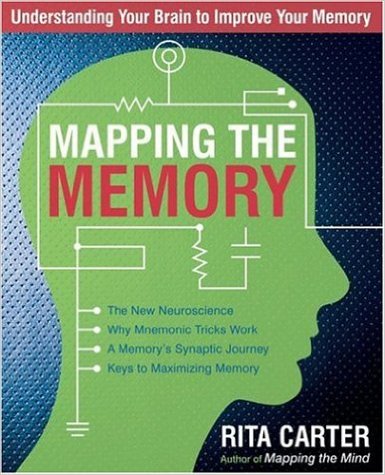

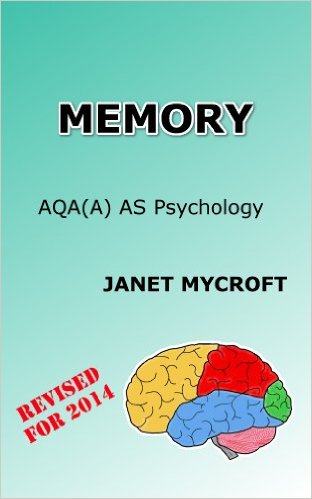
![Encyclopedia of Human Memory [3 volumes]](https://mnemobay.com/wp-content/uploads/Annette-Taylor.jpg)

